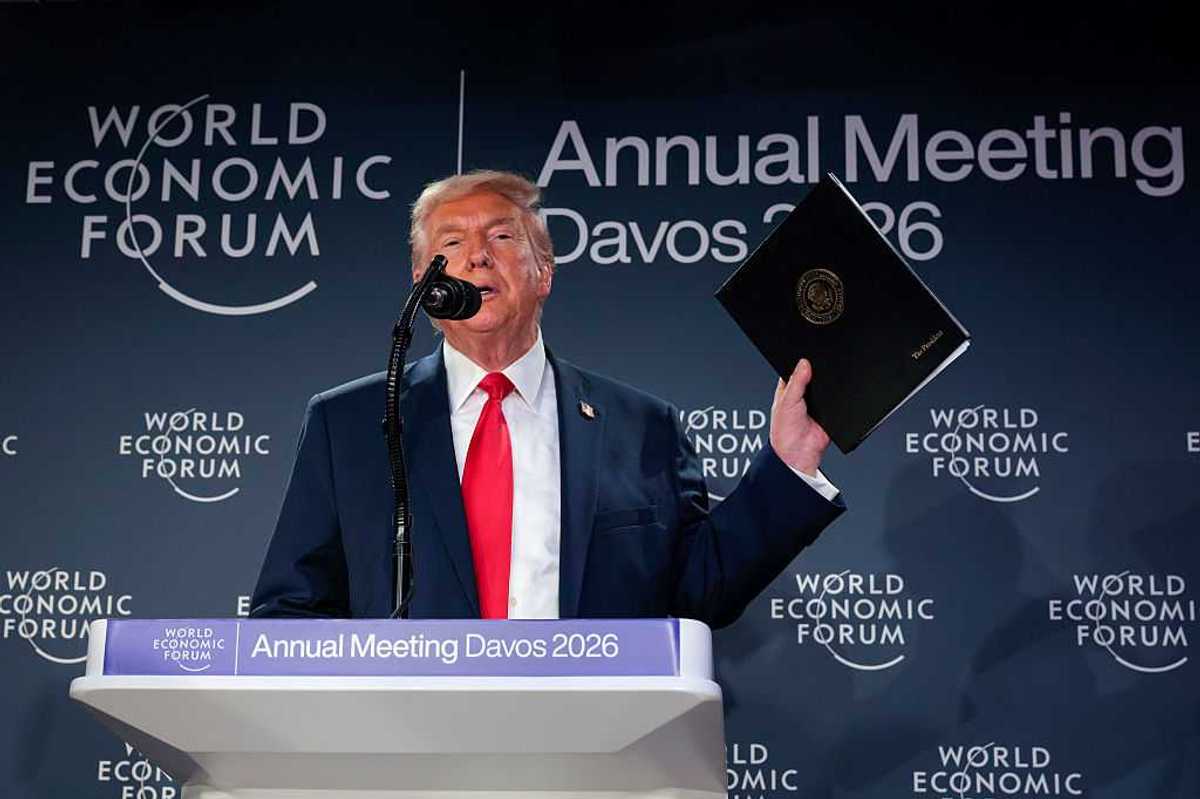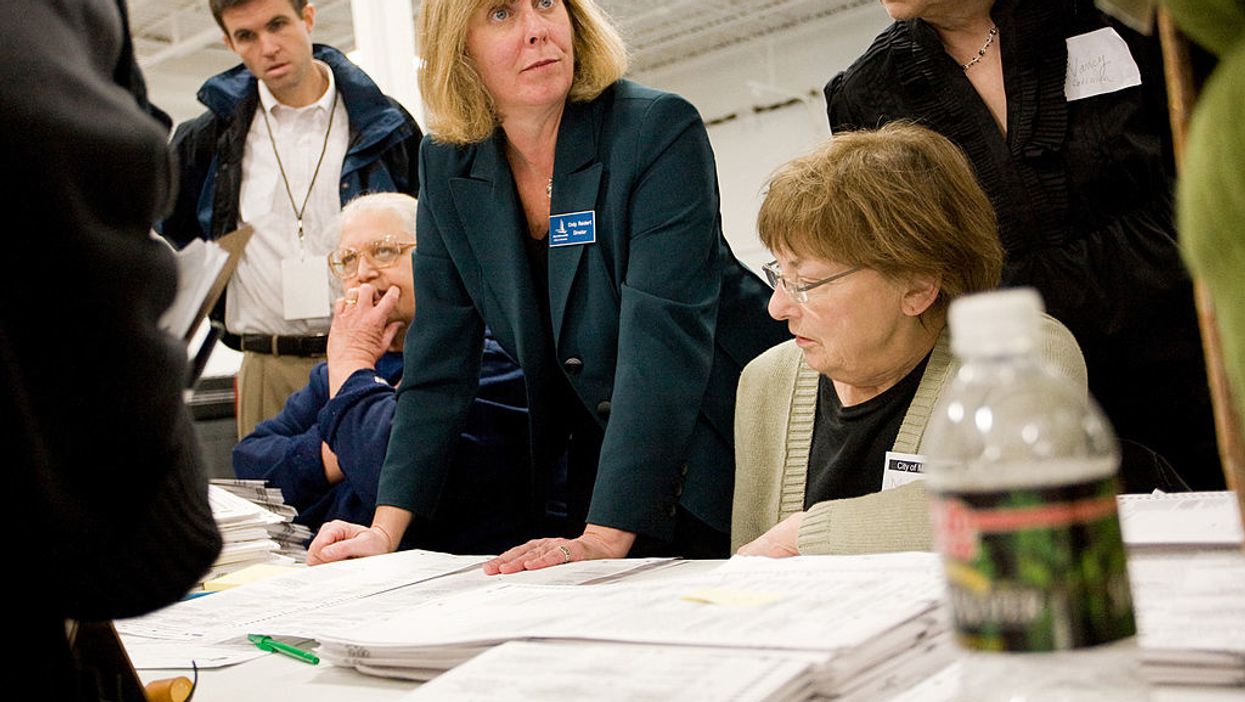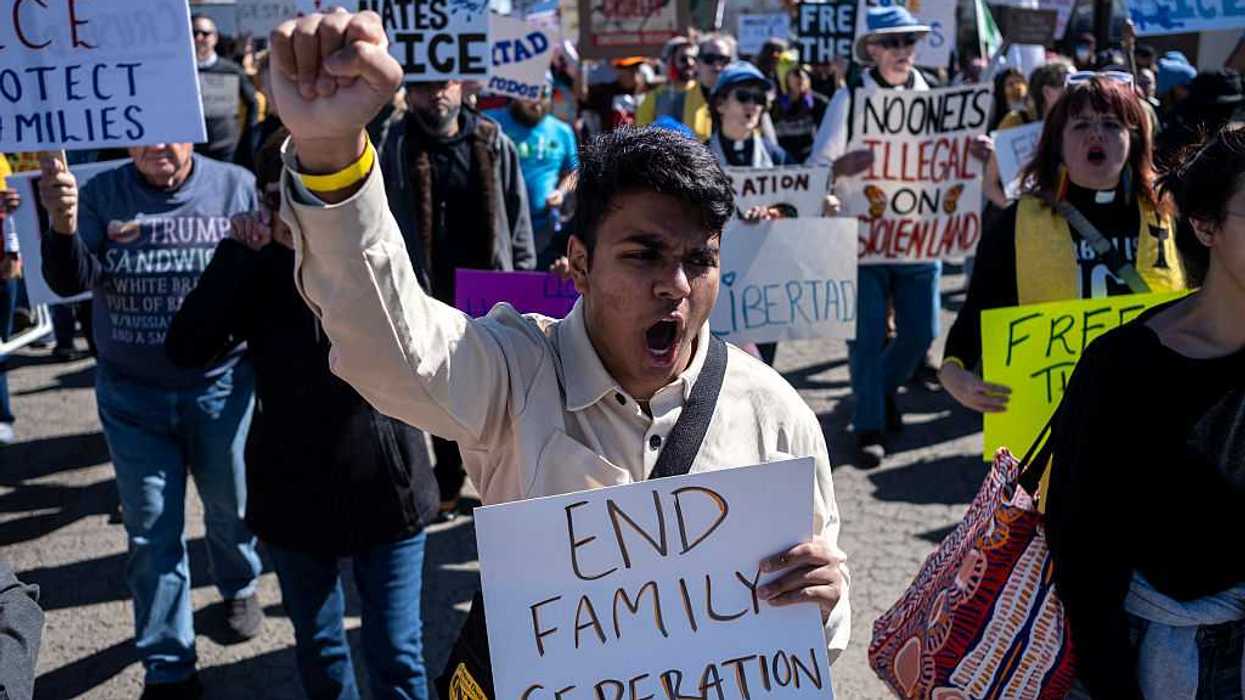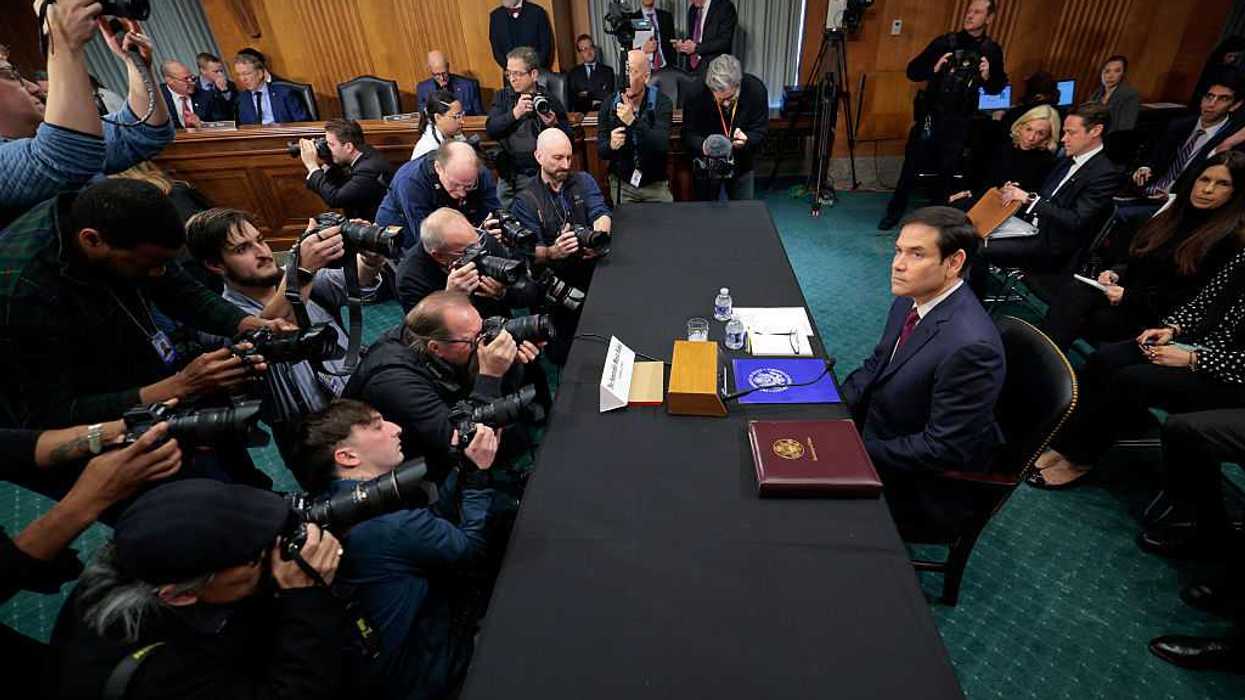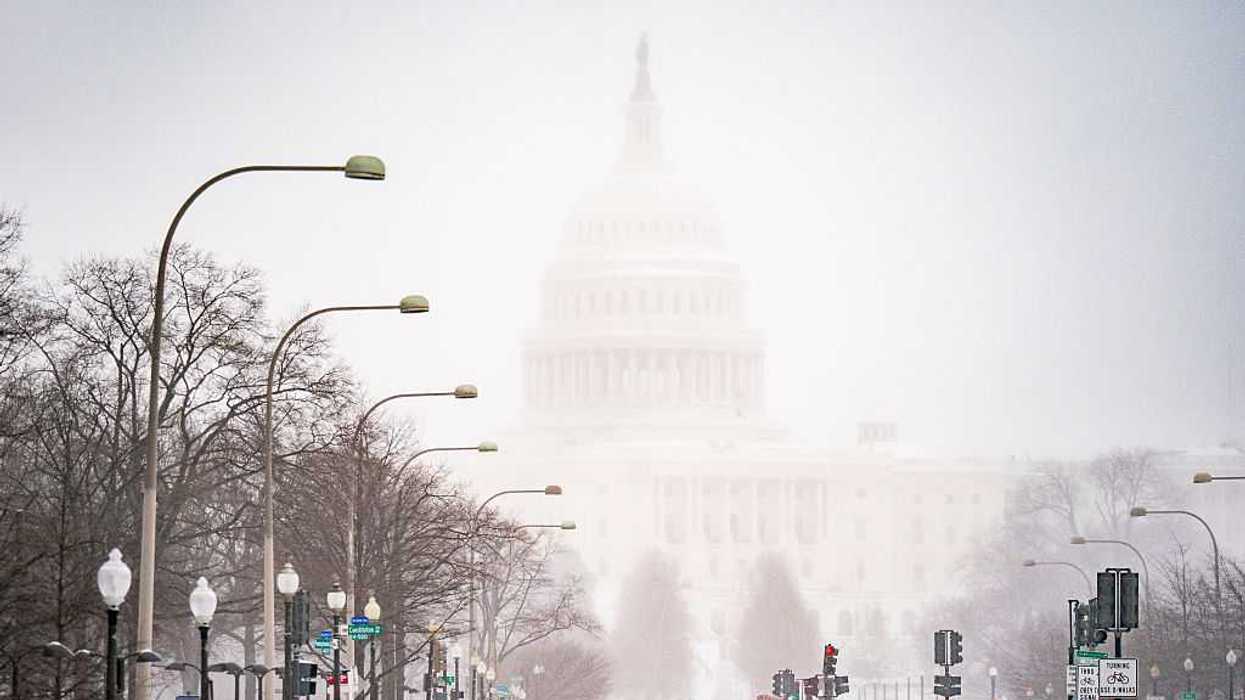Voter fraud is rampant, right? Noncitizens are voting illegally by the truckload, correct? And watch out if voting machines suddenly fail: There's a conspiracy afoot, isn't there?
No. No. And no.
That's the gist of a punchy report issued Thursday that raises and then shoots down eight myths about the state of American elections. "Dirty Tricks: Eight Falsehoods that Could Undermine the 2020 Election" is the work of the progressive Brennan Center for Justice, which has been at the forefront of the campaign to make voting easier and safer during the coronavirus pandemic.
These commonly held beliefs are not only false, the report argues and attempts to document, they also are particularly heinous because they undermine confidence in our democratic practices.
Others that made the list include the notion that delayed reporting of results on Election Night is a sign of malfeasance, that people are not allowed to get help casting absentee ballots, and that more names need to be removed from voter rolls.
The presidential election will be hard-fought and divisive," the report concludes. "The Covid-19 pandemic has already caused major disruptions to our elections system, and the risk that other real crises — natural disaster, machine breakdown, foreign interference — will further disrupt the election is significant. But there is also a significant risk that political actors will manufacture crises to undermine election results they don't like. These fake crises can undercut trust in the accuracy of election outcomes, inflame partisan tensions, and destabilize our democracy."



